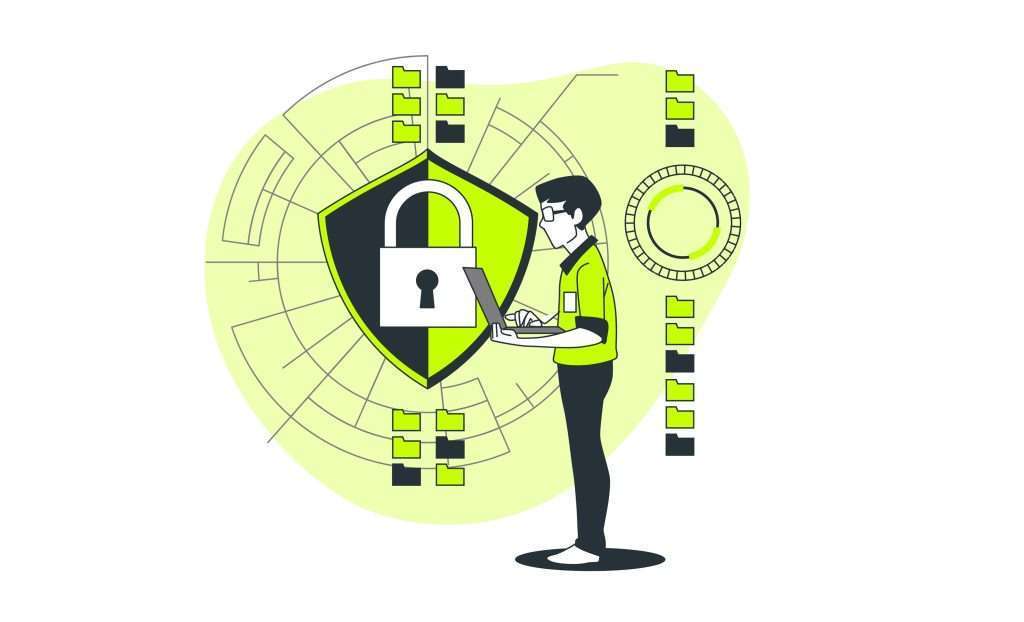To keep up with the constantly changing field of cybersecurity, it’s crucial to stay informed about the latest threats and trends, continuously educate oneself, use a variety of informational resources, participate in professional communities, and regularly update and test security systems in place.
This ongoing process helps to not only detect and respond to current cyber threats swiftly but also to anticipate potential future risks.
What Are the Best Resources for Staying Informed About Cybersecurity Trends?

There is a wealth of resources available for those seeking to stay current with cybersecurity trends. Industry blogs, cybersecurity news sites, and official government bulletins provide timely updates on new threats and technologies.
Subscribing to newsletters from respected security researchers and organizations can furnish you with cutting-edge information directly to your inbox. It’s beneficial to make a habit of reviewing these resources routinely to catch up on the latest developments in the field.
Moreover, webinars, podcasts, and online forums serve as excellent platforms for learning from experts and peers. These mediums often present complex information in a more digestible format, making them perfectly suited for busy professionals.
By dedicating time to exploring these platforms, individuals can gain insights and knowledge essential for maintaining a solid cybersecurity posture.
How Can Continuous Education Enhance Cybersecurity Knowledge?
Enrolling in continuous education courses, earning certifications, and attending workshops and conferences are effective ways to deepen cybersecurity knowledge. Educational programs offered by universities and professional training organizations cover various topics, from fundamental security principles to advanced incident response techniques.
These structured learning opportunities also serve to verify your expertise through credentials respected within the industry.
Additionally, certifications like CISSP, CISA, and CompTIA Security+ are recognized benchmarks that require holders to stay current with their knowledge through Continuing Professional Education (CPE) credits.
Attaining and maintaining such certifications not only bolsters your skill set but also signals to employers and peers your commitment to excellence in cybersecurity.
Why Is Networking Important in Understanding the Evolving Cybersecurity Landscape?

Networking with peers at industry events, online forums, and local meetups offers a dual benefit: shared knowledge and support. Interacting with others in the field can provide real-world insights into how different organizations handle cybersecurity challenges.
Exchanging experiences and best practices with other professionals can expose you to new perspectives and solutions you might not have considered before, keeping your approach fresh and innovative.
Additionally, being part of professional associations like ISACA, ISC², or local cybersecurity groups can offer access to exclusive research and a network of like-minded individuals.
Engaging with these communities not only keeps you apprised of the latest trends but also opens doors for collaborations and job opportunities within the industry.
What Role Do Security Tools and Technologies Play in Keeping Up-to-date?
Utilizing the latest security tools and technologies is essential for keeping up with the dynamic cybersecurity arena.
Implementing advanced solutions like automated threat intelligence platforms, intrusion detection systems, and security information and event management (SIEM) software can greatly enhance your ability to detect and respond to incidents. These tools also often include analytics and reporting features that can shed light on evolving attack patterns and vulnerabilities.
However, it’s not enough to simply install these tools; they must be configured correctly and kept up-to-date. Regularly conducting security audits and penetration testing can help identify gaps in defenses and verify that security measures are effective.
By integrating these practices into your security routine, you ensure that your systems aren’t just current, but also proactive against threats.
Keep in mind, that maintaining cybersecurity is a continuous commitment. Visit Notable Cybersecurity Tips for Robust Digital Protection for additional insight and to further fortify your digital defenses.
Conclusion
Staying ahead in the constantly changing field of cybersecurity requires dedication and a multifaceted approach. Leveraging the best resources to stay informed, committing to continuous education, networking with industry professionals, and utilizing cutting-edge security tools are all strategies that play a critical role in keeping up-to-date.
A thorough understanding and proactive management of security systems are necessary to defend against rapidly evolving cyber threats.
The challenge is formidable but by employing these methods, it becomes possible to maintain a sturdy and responsive cybersecurity infrastructure in any organization. 💪🚀
- Remote Hiring in 2025 - April 5, 2025
- Burnout in Remote Teams: How It’s Draining Your Profits - January 27, 2025
- Signs You’re Understaffed - January 20, 2025
